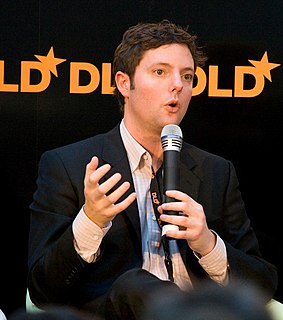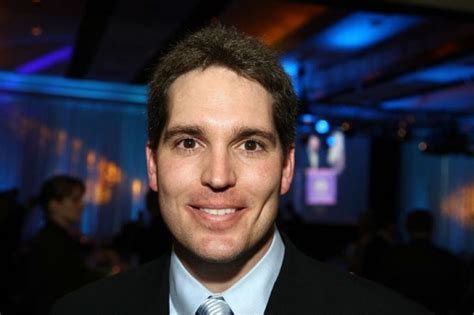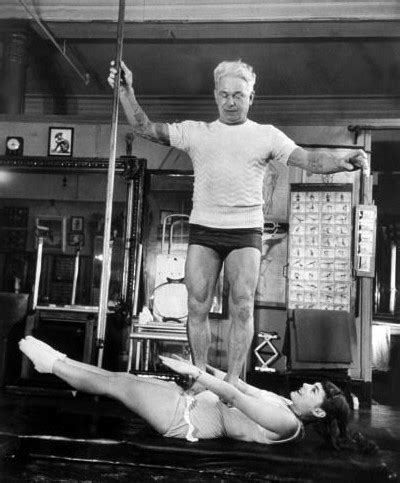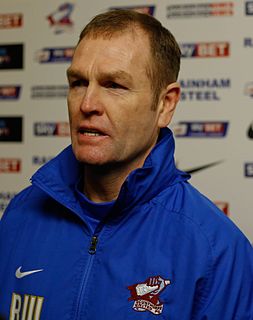A Quote by Matt Cohler
I think daily deals are a good idea. Any ad people view as content is a good ad, and that's true for daily-deal ads too.
Related Quotes
I'm not an ad-libber. If I'm asked to ad-lib, I can ad-lib forever and it's really fun to do that, but I find that well-written scripts are put together very carefully. Once you start to ad-lib and add words to sentences, there's a slacking that happens. When it's good writing, it's taut. I'm not judging people who do ad-lib.
During the Second War, the U.S.O. sent special issues of the principal American magazines to the Armed Forces, with the ads omitted. The men insisted on having the ads back again. Naturally. The ads are by far the best part of any magazine or newspaper. More pains and thought, more wit and art go into the making of an ad than into any prose feature of press or magazine. Ads are news. What is wrong with them is that they are always good news.
'Ms.' always flouted the rules of the ad world that say, especially for products directed at women, that the ad must be connected to the editorial. You don't have food ads unless you have recipes. You don't get clothing ads unless you have lavish fashion coverage. We never did that; every other women's magazine does.
Imagine you're watching '30 Rock' and an ad comes on, but you don't like it. With Hulu Ad Swap, you can actually click the button and trade out the ad. So for the first time ever, a consumer is in control of their ad experience. For us, it's a big win because users are able to take control of what they see.
You can't just repurpose old material created for one platform, throw it up on another one, and then be surprised when everyone yawns in your face. No one would ever think it was a good idea to use a print ad for a television commercial, or confuse a banner ad for a radio spot. Like their traditional media platform cousins, every social media platform has its own language.
A good ad is one simple idea, with humanity in it, that connects with consumers, that represents the value system of a company and then can connect it with the consumer. We always say a brand is set of shared values. So if you can simply demonstrate your value system as a brand, so that a consumer could say, "Ah, our values line up. I vote for you, brand!" that's a good ad.
I have to match wits with the ads. Like, there's pop-ups that, like, move around and you have to chase them like it was a video game or something. And then there's ads where, like, you know, the X to, like, close the ad screen is so kind of small that you can't find it and you have to actually go looking for it. And so I spend all my energy - instead of, like, absorbing what the advertiser wants to communicate to me, I spend my energy trying to figure out how to defeat the ad.
An electronic paper has infinite space because you can bring forth as much content as a reader wants. And the resolution of ads is very high. And when you touch the ad you can interact with the advertiser and the paper will take you to the advertiser's Web site and you can get more information. So ideally there should be a better connection between the ads you're shown and what you're actually interested in.
































